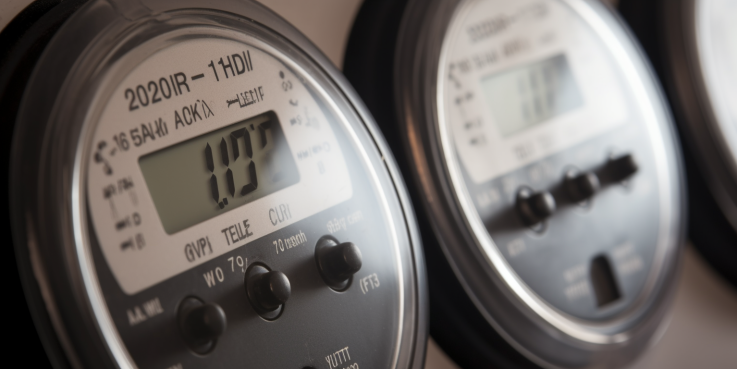
In the quest for energy efficiency and cost savings, understanding home energy usage is crucial. One key measurement in this endeavor is kilowatt hours (kWh), which represents the amount of energy consumed over a specific time period. By comprehending how to calculate kWh usage, homeowners can gain valuable insights into their energy consumption patterns and make informed decisions to reduce their environmental impact and monthly electric costs.
To calculate kWh usage, individuals need to divide the wattage by 1,000 to obtain kilowatts (KW) and then multiply KW by the hours of use per day. By extending this calculation to a monthly basis, one can estimate the total energy consumption.
Moreover, the integration of solar energy systems into homes allows for the generation of kWhs that align with a household’s yearly usage. The number of solar panels required varies based on factors such as location and roof shading. Regardless of the system size, solar energy offers a promising solution for homeowners seeking to reduce their dependence on traditional energy sources.
Key Takeaways
- Kilowatt hours (kWh) measure energy consumed over a specific time period.
- Calculating kWh usage helps identify areas for energy efficiency improvement.
- Solar panels generate electricity measured in kilowatt-hours (kWh).
- Solar energy systems provide significant savings on electricity bills for homeowners.
What is kWh?
A kilowatt-hour (kWh) is a unit of energy that is commonly used to measure the amount of electricity consumed by a home over a specific period of time. It is a measurement of the total energy consumed when a power of one kilowatt is used for one hour.
kWh measurement is essential for tracking a home’s electrical usage and understanding energy consumption patterns. By calculating kWh usage, homeowners can identify areas where energy efficiency can be improved, leading to reduced energy costs and a smaller environmental footprint.
Reducing kWh usage not only benefits homeowners financially but also contributes to the overall conservation of energy resources. Implementing energy-saving practices and investing in energy-efficient appliances can help in minimizing kWh usage, making it a crucial metric for promoting sustainable living.

Calculating kWh Usage
To determine the amount of energy consumed in a given time period, one must divide the wattage by 1,000 to convert it to kilowatts (KW) and then multiply the KW by the number of hours the device is used per day. This calculation allows individuals to accurately measure their kilowatt-hour (kWh) usage. Calculating kWh usage is crucial for understanding the energy consumption of appliances in homes.
By tracking kWh usage, individuals can identify which appliances are consuming the most energy and take steps to reduce their usage. Here are five tips for reducing kWh usage in homes:
- Switch to energy-efficient appliances.
- Unplug electronics when not in use.
- Opt for natural lighting instead of artificial lighting.
- Insulate and weatherproof the house to reduce heating and cooling needs.
- Use power strips to easily turn off multiple devices at once.
By implementing these strategies, homeowners can lower their kWh usage and ultimately save on their monthly electric costs.

Solar Energy and kWh
Solar energy systems generate electricity by converting sunlight into usable energy, which is measured in kilowatt-hours (kWh). These systems have the potential to provide significant savings on electricity bills for homeowners.
By harnessing the power of the sun, solar panels can generate a substantial amount of electricity, reducing the reliance on traditional energy sources. The benefits of solar panels extend beyond cost savings. They are a renewable energy source that produces clean electricity, reducing carbon emissions and contributing to a more sustainable future.
Additionally, solar energy systems require minimal maintenance and have a long lifespan, making them a reliable and durable investment. The number of solar panels needed depends on factors such as the location and shading of the roof. However, regardless of system size, solar energy can provide homeowners with financial and environmental benefits.

